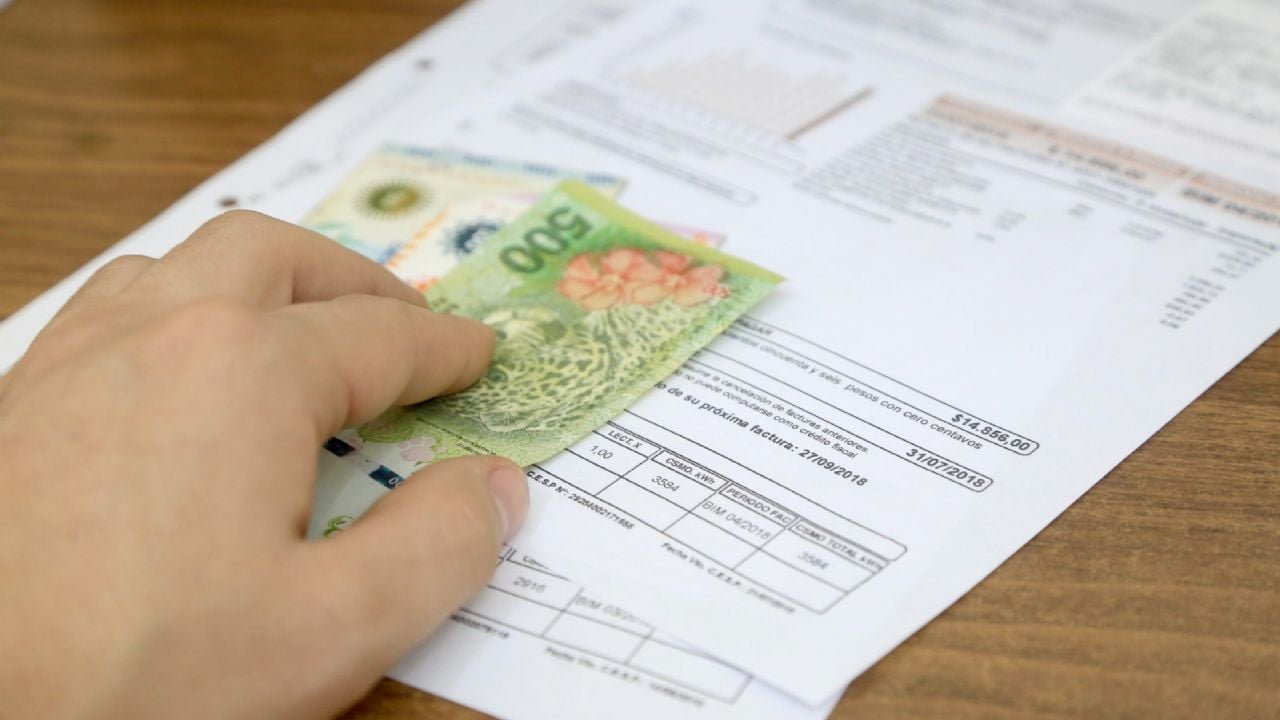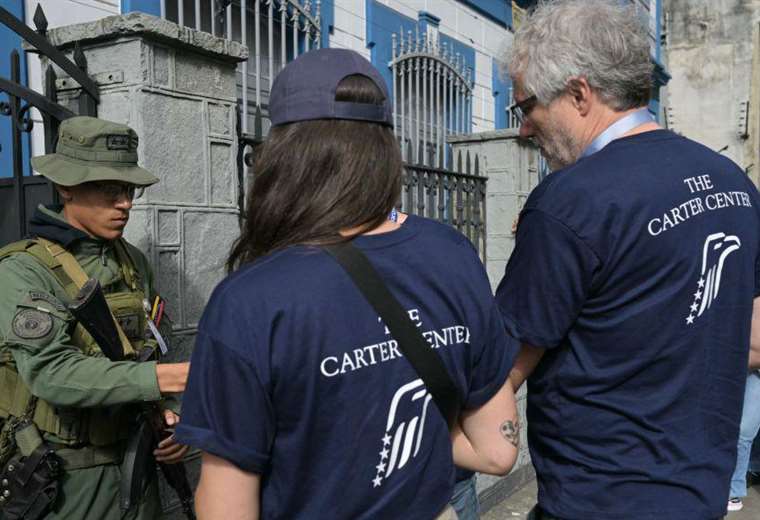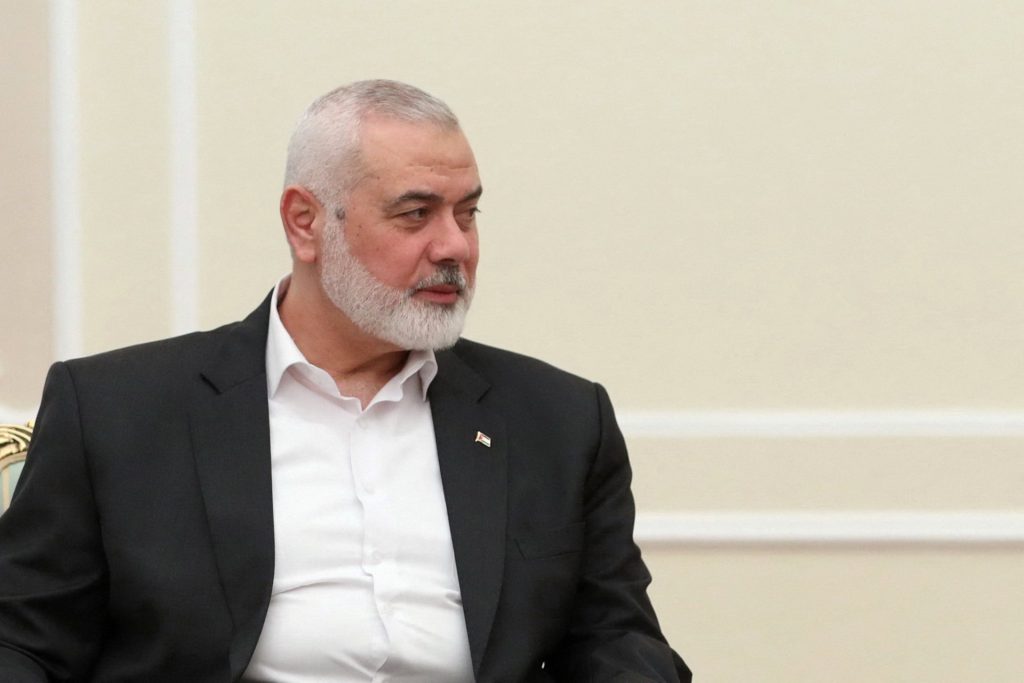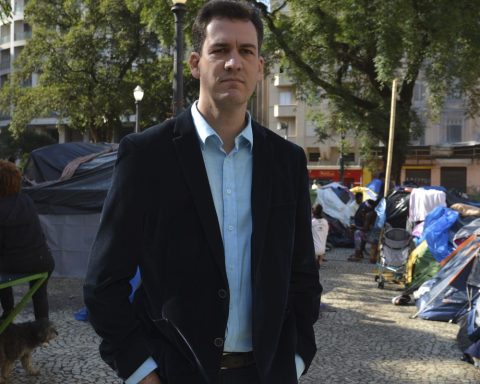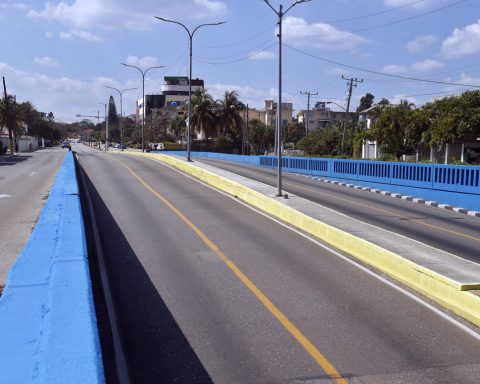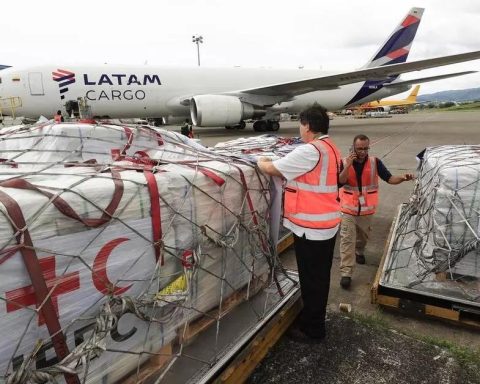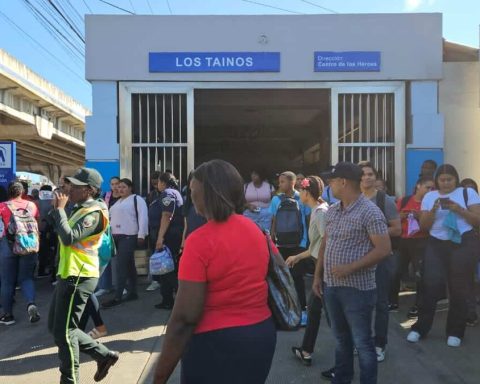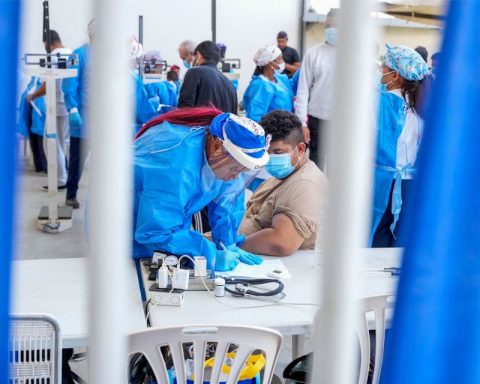The Argentine Government has decided to extend for an additional 30 days the deadline to register in the Registry of Access to Energy Subsidies (RASE), allowing citizens to maintain subsidies on electricity and gas rates.
This extension to the RASEwhich now runs until September 4, was announced by presidential spokesman Manuel Adorni during a recent press conference. The measure is primarily aimed at updating user data to ensure that benefits reach only those who really need them.
The Energy Secretariat, headed by Eduardo Rodríguez Chirillo, justified the extension of the deadline as an opportunity for more people to register in the system and receive subsidies, especially in a context of recent increases in energy prices.
It is important to note that registration in the RASE does not automatically guarantee the continuation of the subsidy. The granting of the benefit will be subject to a rigorous assessment of the applicants’ income. This measure seeks to clean up the registry and adjust subsidies to the government’s new economic policy, which aims to eliminate the automatic benefits that were previously granted.

During the previous administration, headed by Alberto Fernández, an automated system was implemented that, based on the social rate, extended subsidies to households that had not registered in the RASE. This system included more than a million households in extremely vulnerable situations who, due to a lack of connectivity or lack of knowledge of the process, had not registered.
The new regulations of the current government, led by Javier Milei, will affect these beneficiaries, since they will now have to register explicitly to receive the subsidies. The extension of the registration period has been seen as a relief for many citizens who had not yet completed the process.

Reduction
However, the central objective of the measure remains to reduce state spending on energy subsidies. According to the presidential spokesman, the national state has spent 150 billion dollars on these energy subsidies over the last twenty years.
This expenditure has been described as disproportionate, since the subsidies are not free and have contributed to inflation due to the fiscal deficit. The extension of the RASE It also seeks to ensure that assistance is focused on those who truly cannot afford the service.
